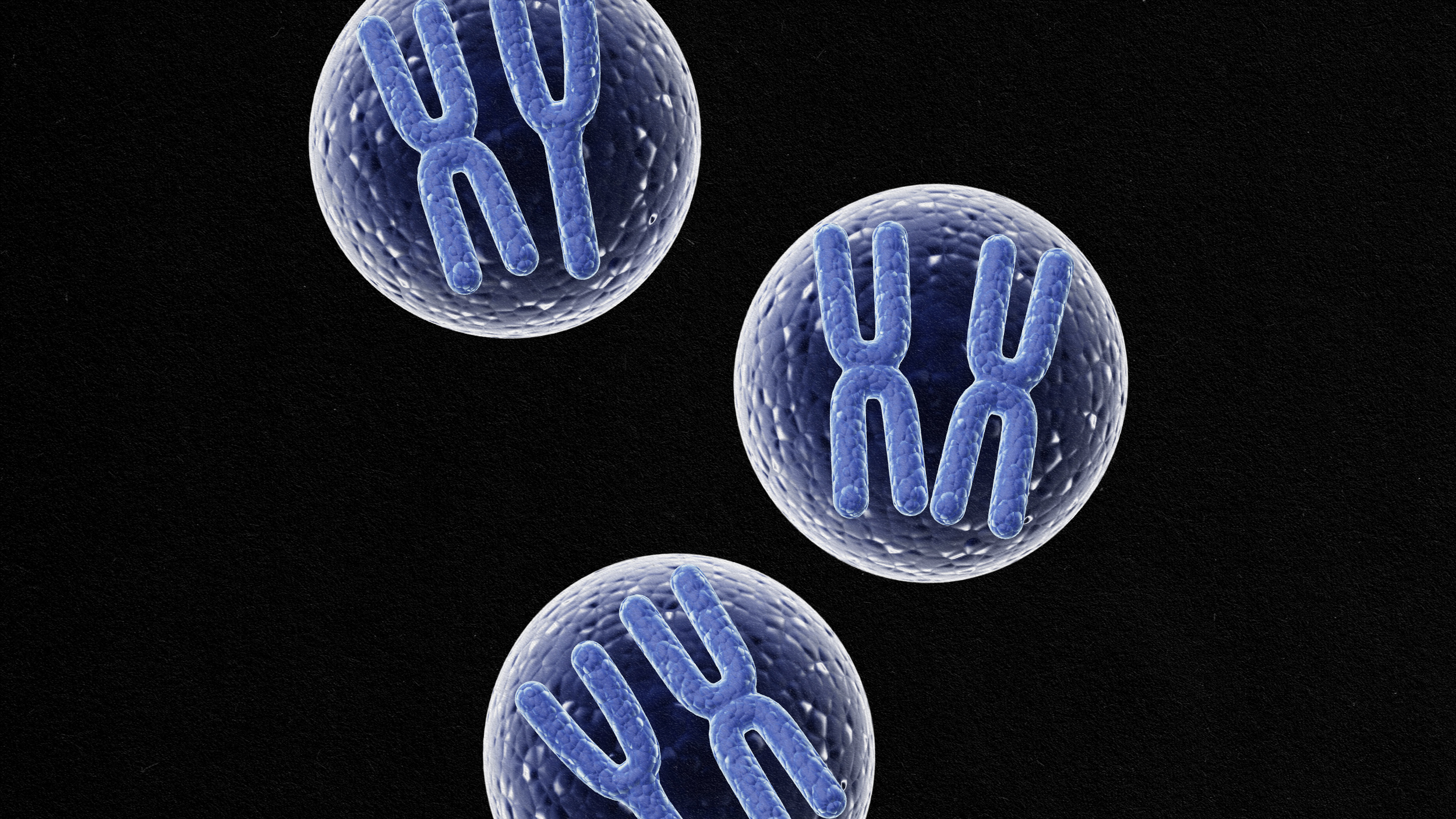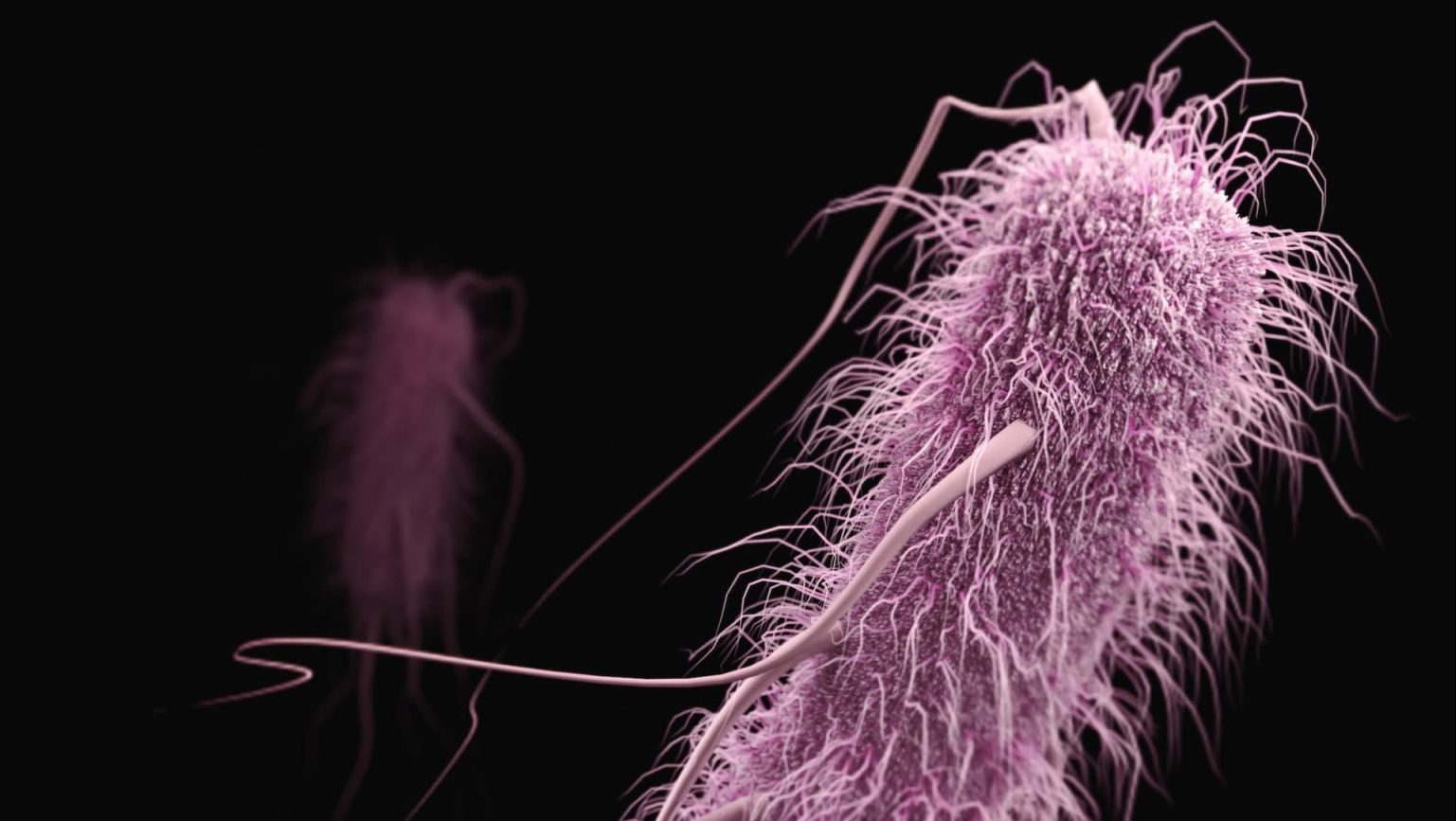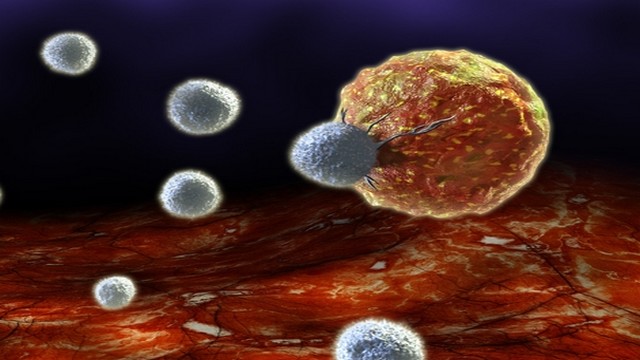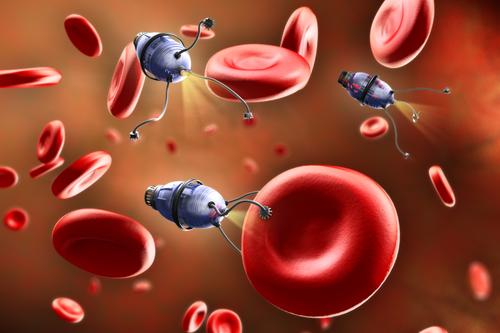How Time of Day Affects Your Health

What’s the Latest Development?
By studying proteins essential to our immune system, researchers have concluded that the time of day may be an important factor in determining the risk of getting an infection. The protein TLR9 plays an crucial role in detecting infections by spotting the difference between a strand of the body’s DNA and an invading bacterium or virus. In mice, the amount of TLR9 produced was controlled by the body clock. “Immunizing mice at the peak of TLR9 activity improved the immune response, the researchers said.”
What’s the Big Idea?
Many living things, including bacteria, go through a 24-hour routine called the circadian rhythm. If you have ever suffered jet lag, it is because your body chemicals have gotten out of sync with your surrounding environment. Yale professor Erol Fikrig said a ‘direct molecular link between circadian rhythms and the immune system’ had been found, which could have ‘important implications for the prevention and treatment of disease’. As a result of the study, drug companies have begun screening drugs at different times of the day.
Photo credit: shutterstock.com





